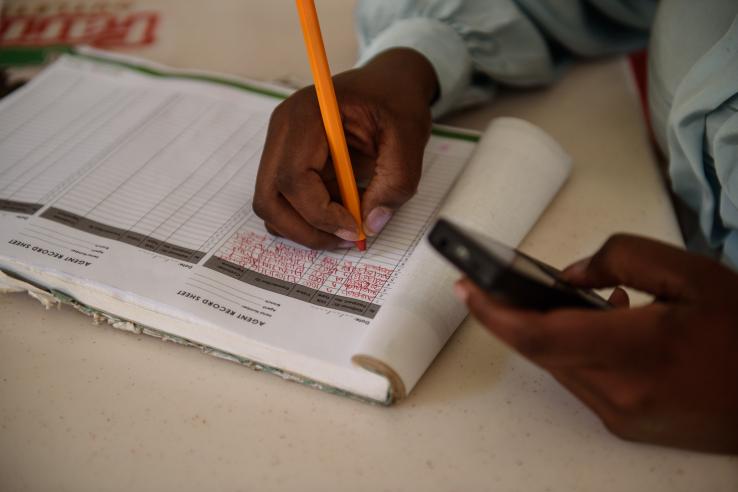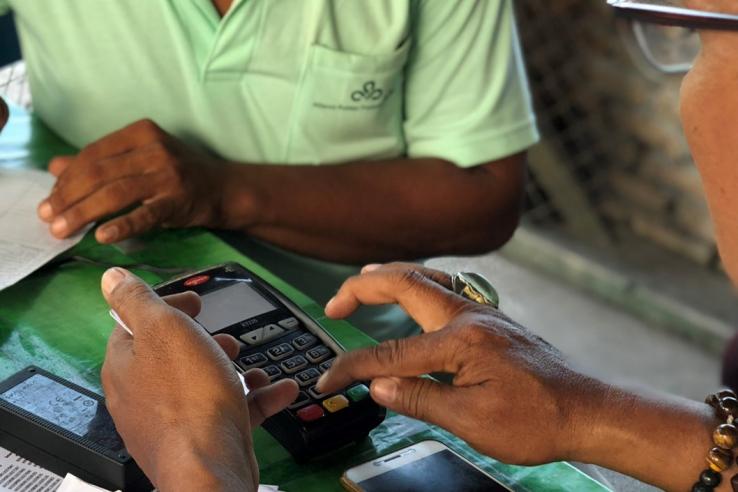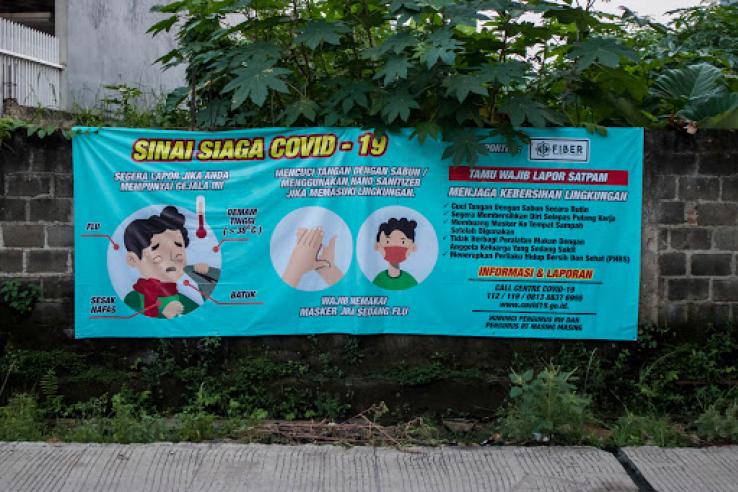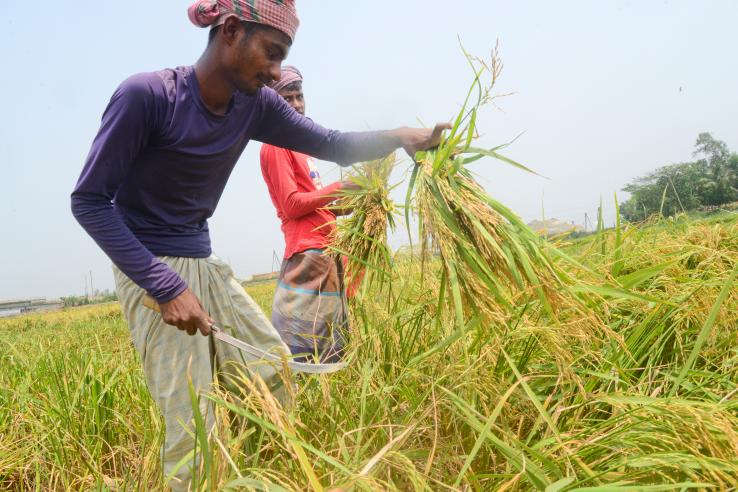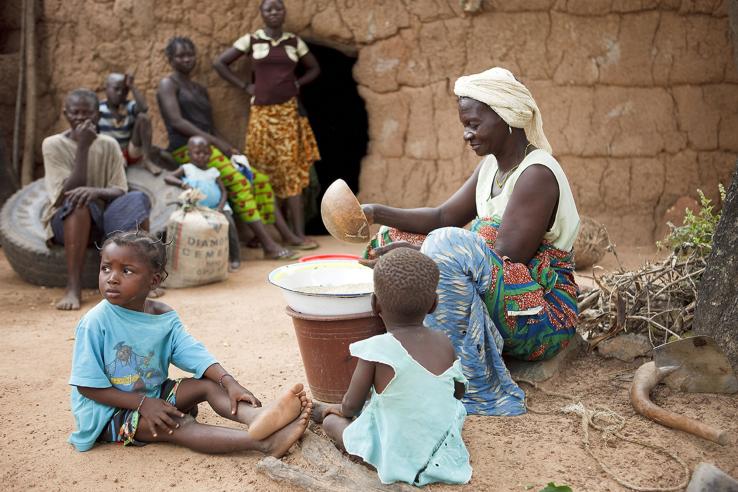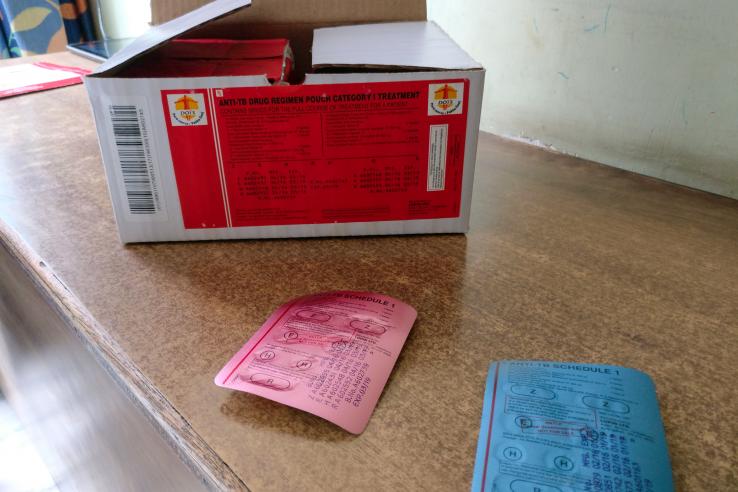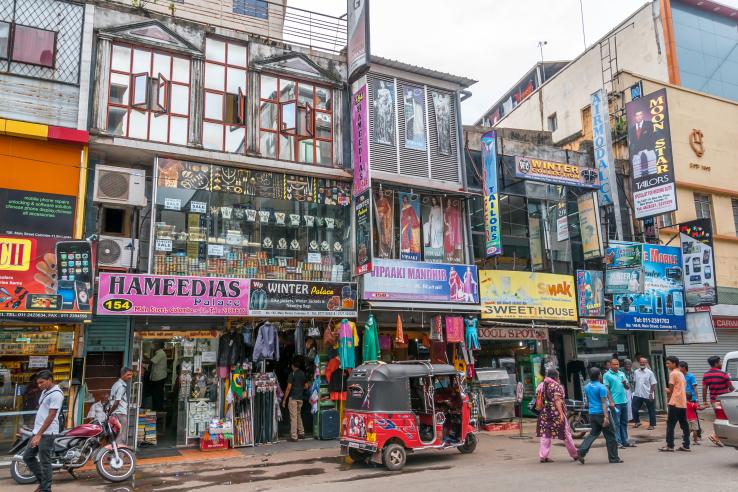Displaying 2341 - 2355 of 8330
Person
Meghan Mahoney is a Policy Manager at J-PAL Global, where she manages J-PAL’s Labor Markets Sector, which includes the Youth Initiative.
Blog
Employee effectiveness is a key driver of productivity and economic development in the public sector. But how does one motivate public sector employees to perform and deliver services? Understanding what drives these employees to work hard, and how different (dis)incentives can energize (or reduce)...
Update
J-PAL Updates
In the November 2020 Newsletter, J-PAL's directors shared their vision on leveraging economics and partnerships for greater public and social good.
Blog
Keberhasilan Indonesia dalam meningkatkan inklusi keuangan dalam beberapa tahun terakhir didukung oleh komitmen yang kuat dari pemerintah dan sektor swasta, serta pesatnya inovasi teknologi terutama yang mendukung penyediaan layanan keuangan digital atau digital financial service (DFS). Memperluas...
Person
Amber joined J-PAL in August 2012 as a Research Manager for the pilot Emissions Trading Scheme (ETS) evaluation, which seeks to design, implement, and evaluate a pilot trading scheme for particulate matter emissions from industrial sources in Gujarat, Maharashtra, and Tamil Nadu.
Blog
In an op-ed for Project Syndicate, Rema Hanna and Ben Olken explain that expanding social protection to reach the most vulnerable people must be a pillar of every country’s COVID-19 strategy.
Evaluation
Researchers conducted two randomized evaluations in Bangladesh to study the impact of a new irrigation method and different pricing schemes on water use and conservation. The new irrigation method reduced water consumption and costs for farmers who were already paying for water by the hour, or by volume.
Evaluation
In partnership with country governments and the World Bank, the research team has been evaluating how different productive packages impact the wellbeing and economic stability of safety net beneficiaries in Burkina Faso, Mauritania, Niger, and Senegal. In Niger, a multi-faceted economic inclusion program delivered to women beneficiaries of a national cash transfer program improved women’s consumption and food security, increased their off-farm business activities, and improved their psychosocial well-being.
Person
Anna Lazzarin is a Senior Policy Associate at J-PAL Europe where she helps promote evidence-based policy in Europe.
Evaluation
To better understand the connection between BTB policies and racial discrimination in hiring, researchers tested the impact of applicant race and criminal history on hiring decisions both before and after BTB policies came into effect in New Jersey and New York City. The results confirmed that criminal records are a barrier to employment and supported the concern that BTB policies encourage racial discrimination.
Evaluation
Researchers conducted a randomized evaluation to determine whether PLS programs encouraged opening and use of bank accounts in Mexico. The lottery incentive increased the number of bank accounts opened, and accounts opened because of the PLS program were just as likely to be used as accounts opened without these incentives up to five years later.
Evaluation
Researchers conducted a randomized evaluation to measure the impact of peer referrals by current patients on the screening and identification of tuberculosis cases in India. Peer referrals and outreach by current patients to identified peers were more effective than health-worker led contact-tracing, while combining these interventions with financial rewards was a cost-effective strategy to improve tuberculosis screening and detection.
Evaluation
In partnership with the City of Medellín, researchers randomly introduced a program that intensified government outreach to gang-controlled neighborhoods. The study found no evidence that the city’s intervention reduced gang rule.
Evaluation
In Sri Lanka, researchers provided wage subsidies to randomly chosen microenterprises to determine if they would hire more workers, and whether the additional labor would benefit such firms. The study found that while firms increased employment during the subsidy period, there was no lasting impact of the subsidies on employment, profitability, or sales.
Person
Victor Pouliquen joined J-PAL in 2008 and is currently working on three randomized evaluations focusing on education and health in Morocco, Ghana and Kenya.
